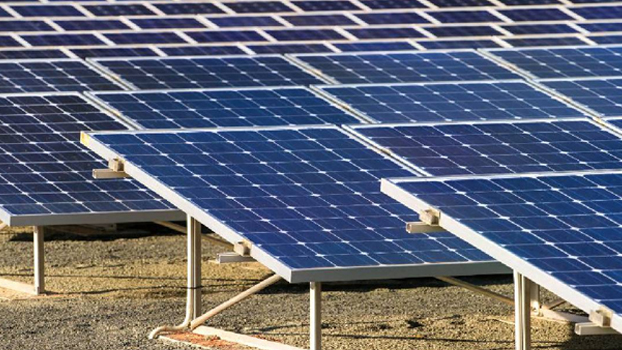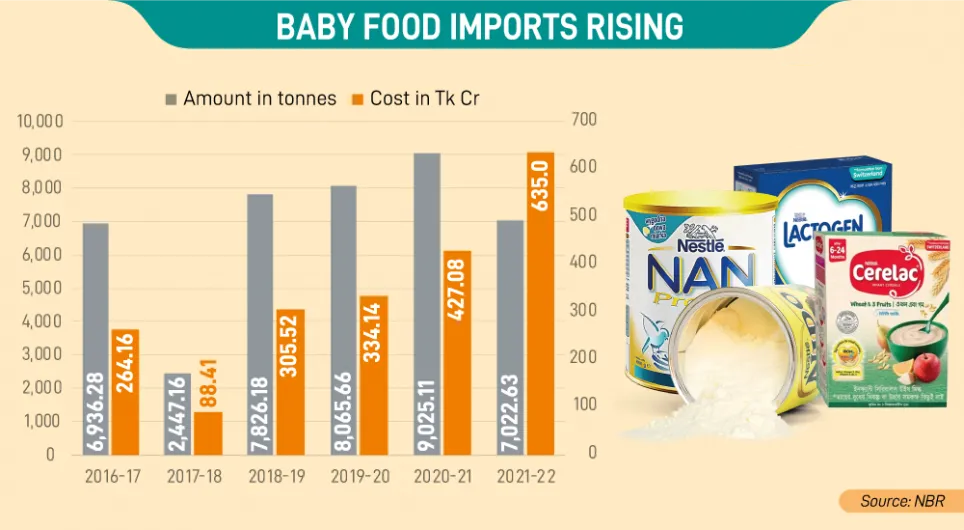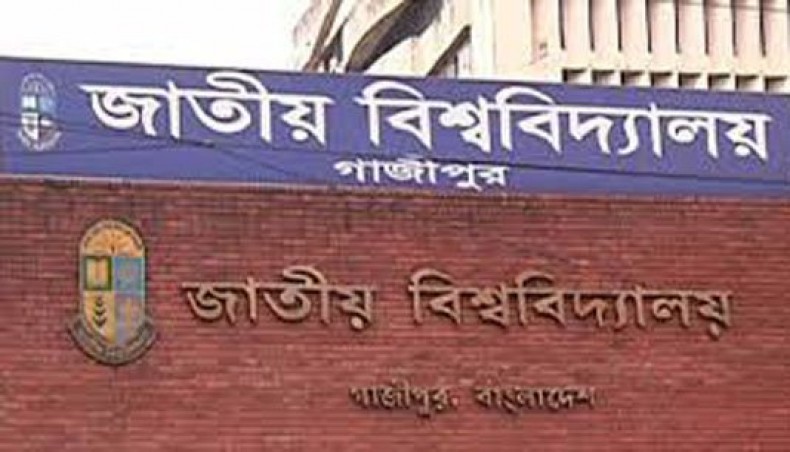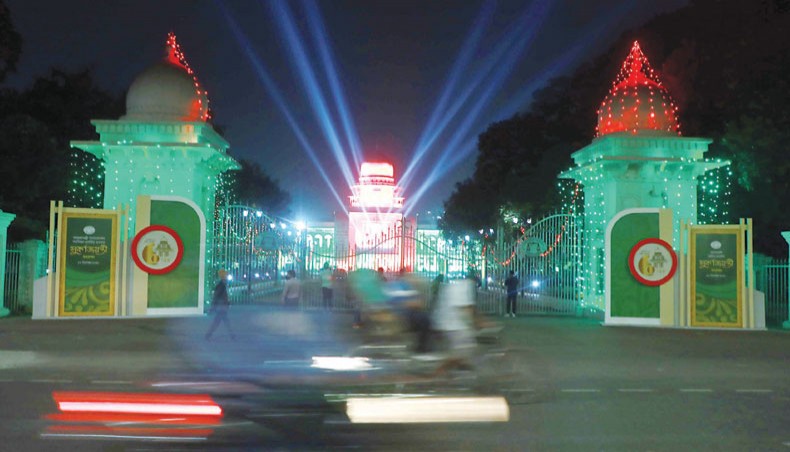Electricity generation cost from renewable energy sources is declining each year.
However, per unit project cost and tariff of the ‘Solar Mini Grid’ has not changed with time in the country. Although IDCOL (Infrastructure Development Company Limited) submitted a proposal to SREDA to fix the violation of law, it also alleged that there is corruption in such projects.
According to a report by IRENA (International Renewable Energy Agency), the electricity generation cost from renewable energy sources, such as, solar and wind, is declining by 13 percent each year. In the last 10 years, the generation cost of solar power has decreased by 82 percent and wind power by 39 percent.
In this regard, Consumers Association of Bangladesh (CAB) has sent a letter to the Chairman of Sustainable and Renewable Energy Authority (SREDA) with an attachment to State Minister for Power, Energy and Mineral Resources, Chairman of Bangladesh Energy Regulatory Commission (BERC) and Secretary of Power Division, on Sunday.
Earlier, Bangladesh Solar Energy Society, renewable energy platform of Institute of Energy under University of Dhaka also sent a similar allegation to the State Minister on January, 21.
When contacted, Mohammad Alauddin, Chairman of the Sustainable and Renewable Energy Development Authority, told Bangladesh Post, “We have received the letter from CAB. Now it will be sent to the Power Secretary for further initiative.”
The CAB's letter said there was no difference in the project implementation cost and tariff of the solar mini-grid, which was developed from 2010 to 2021. But, the tariff of the solar power system declined significantly during the period.
CAB says that even if such hard and soft costs are reduced worldwide, it should be investigated how IDCOL is projecting at a higher rate. The CAB also claims that the parts that are supposed to be used according to the design of IDCOL do not agree with the standard.
“It has been decided to purchase electricity from 19 solar mini grids located in the grid power area under BREB. Therefore, IDCOL has given a proposal to SREDA to fix the price of electricity at taka 30.48 to taka 35.62 in different places. However, the electricity generated in all the mini grids is being sold at the consumer level at the rate of Tk 30 per unit without considering the reduction in the construction cost. The new pricing system, including those rates set by IDCOL and those proposed on a mini-grid basis, is not fair and reasonable,” according to the CAB letter.
Professor M Shamsul Islam, CAB's energy adviser, said, "IDCOL has proposed to SREDA to fix the price which we consider to be a clear violation of the law. We have also called on SREDA to submit a proposal to the Bangladesh Energy Regulatory Commission (BERC) to fix the price of electricity for the mini-grid. Because, BERC is the unique authority to fix the electricity price in accordance with the law.”
According to the Bangladesh Solar Energy Society, per watt peak cost of a project which started its commercial operation in January, 2021, has been considered at taka 425. Whereas, the same model project was considered at taka 395 per watt peak in 2015 and the tariff rate for both projects is at taka 30, which is totally abnormal as the price of solar power has declined all over the world.
There is also abnormality in such other projects. Besides, most of the mini-grids failed to fulfill the local electricity demand as was promised by IDCOL during getting permission from the government. An investigation from an independent team is required to understand the whole project.
Dr. S.M Nasif Shams, Secretary of Bangladesh Solar Energy Society and Assistant professor of Institute of Energy under University of Dhaka, told Bangladesh Post “There are a lot of ambiguities in IDCOL activities. It seems to us that there is widespread irregularity and corruption in these projects. Based on the information received from various sources, we made an application to the State Minister. But no visible steps have been taken as yet.”
“The government wants to increase renewable energy. However, the corruption of such a key institution of the government entrusted with a great responsibility is entirely unacceptable. These corruptions are destroying the good imitative of the government, which is unimaginably harmful to the state and its citizens,” he added.
The government has taken various initiatives to enhance generation of renewable energy as part of its efforts to ensure energy security keeping carbon dioxide emissions at a low level.
The construction of solar mini grid started in 2010. IDCOL financed the installation of 27 solar mini-grids with cumulative generation capacity of 5.656MW. The World Bank, KfW, GPOBA, JICA, USAID, ADB and DFID provide the fund to IDCOL's















